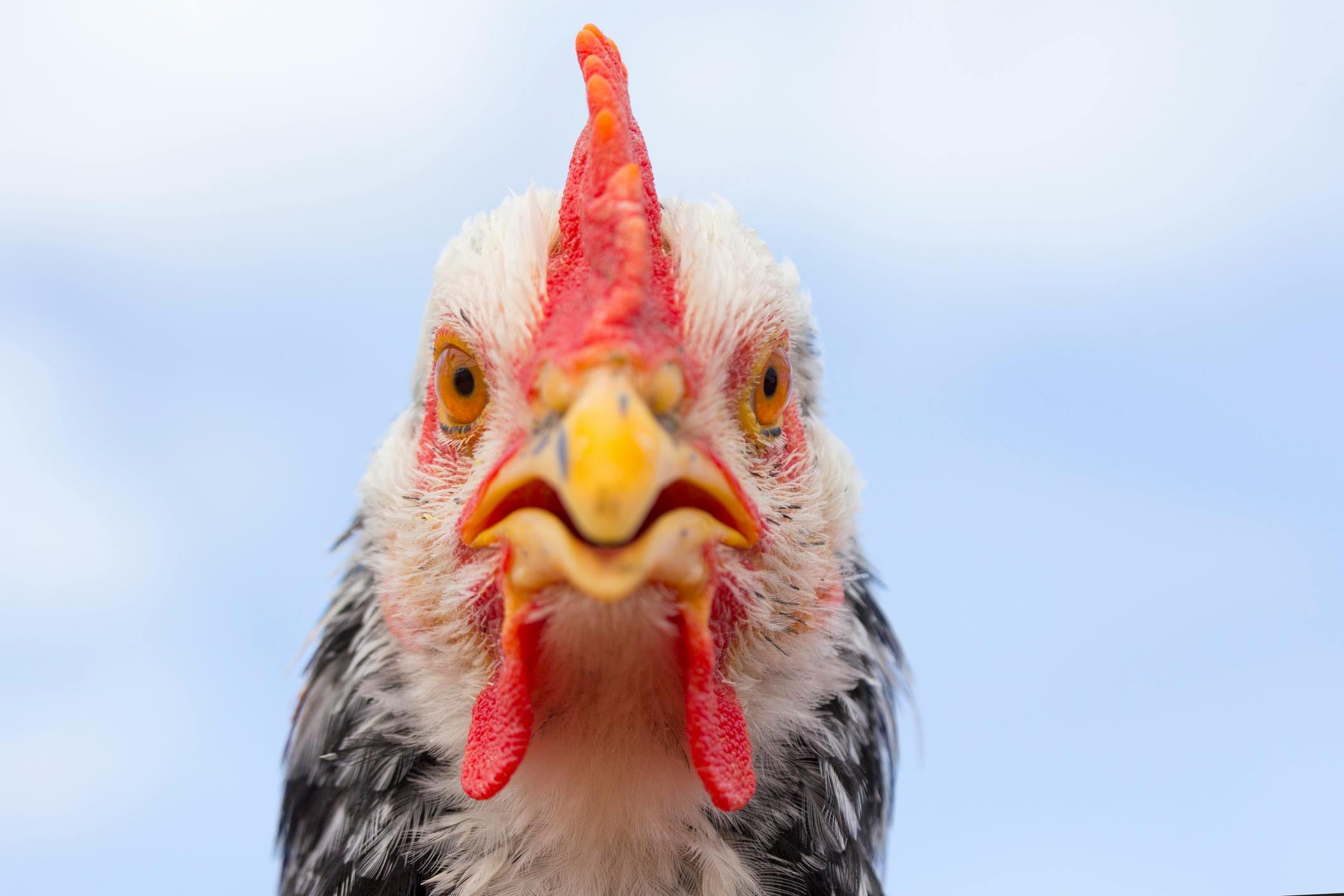Beef prices got ridiculous, and the winner winner is chicken dinner
Beef has gotten significantly more expensive than chicken and pork. Consumers are responding accordingly.
Companies that sell food are growing bullish on chicken and bearish on beef as consumers continue to search for cheap meals.
Drought and high interest rates have contributed to a dwindling supply of cattle in the US, shooting up the price of beef. Meanwhile, grain prices have dropped this year, which boosted the supply of chicken.
This has propped up consumers' taste for chicken, and food companies have risen to the occasion.
Taco Bell's parent company, Yum! Brands, reported greater interest in the chain's Cantina Chicken menu drove sales growth. McDonald’s, long known for its burgers, reported that its chicken sales are now on par with its beef sales.
Gunther Plosch, chief financial officer at Wendy's, put it simply: "Beef and fries are inflationary for us. Chicken is deflationary."
A pound of sirloin steak has gone from about $6 in 2006 to $11.50 as of this summer, according to data from the Bureau of Labor Statistics. That means a steak is more than twice as expensive as a pork chop ($4.40) or chicken breast ($4.05) per pound.
The cost of a steak has always come at a premium, and ground beef was the more affordable option.
Until 2012, a pound of ground beef was cheaper than a pound of boneless chicken breast or pork chop.
Now, ground beef is almost a $1.50 more per pound.
The chicken gold rush has led share prices for meatpackers like Tyson and JBS to rise during an otherwise gloomy moment in the stock market.
Dwindling US cattle supplies are squeezing Tyson's beef business, its largest unit. Chicken has made up for that lag: Tyson’s poultry business made $307 million in profits in the quarter, the highest since 2016.
“Chicken had one of its best quarters in some time,” Donnie King, CEO of Tysons, told analysts.
Fabio Sandri, CEO of Pilgrim's Pride, noted that unlike other moments when beef was significantly pricier, now consumers are particularly value-conscious. Pilgrim's Pride, which is controlled by the Brazilian food giant JBS, also reported increased demand for chicken.
"The difference or the gap between ground beef and boneless skinless breasts for the end user has reached record highs in terms of gap," he said. "I think what's different is that the consumer today, different than in the past, it is looking for deals."
